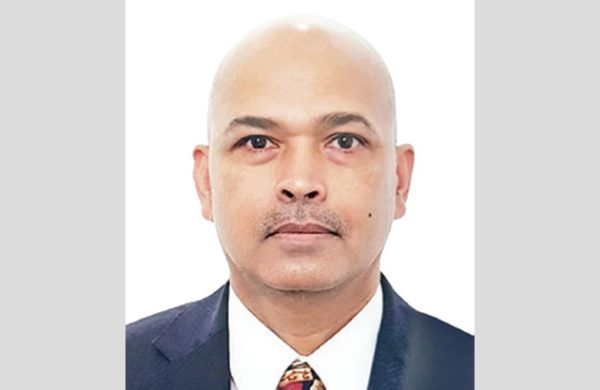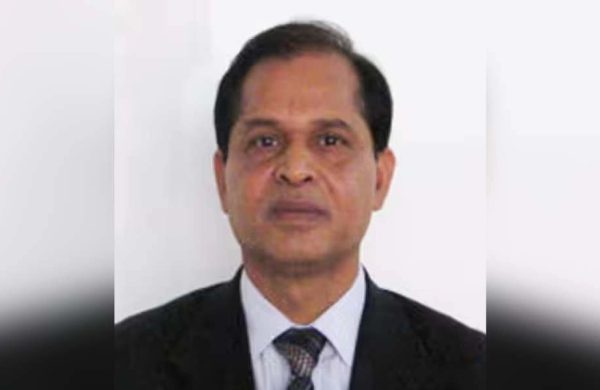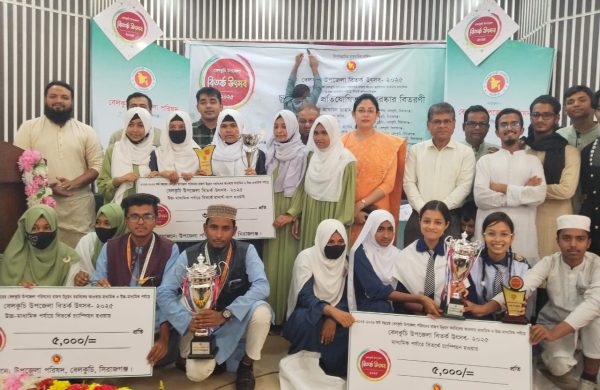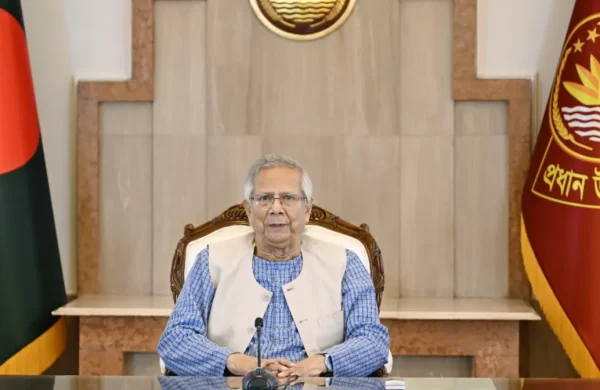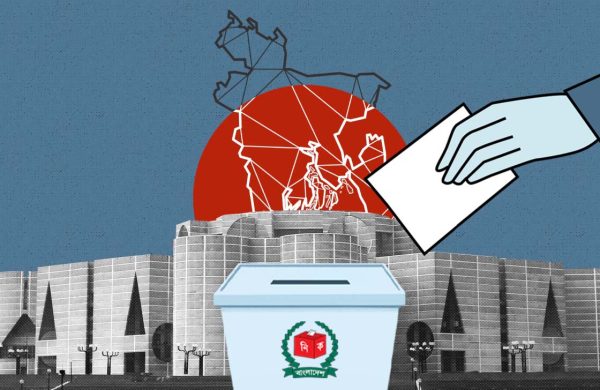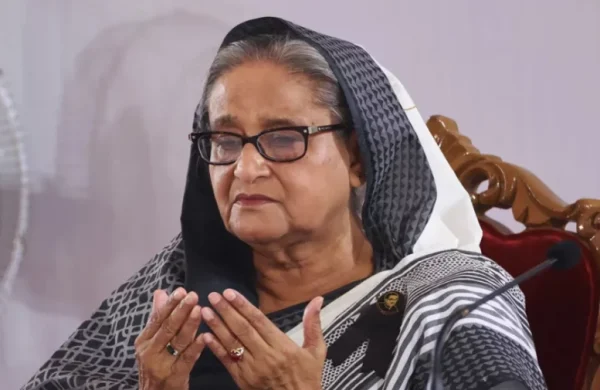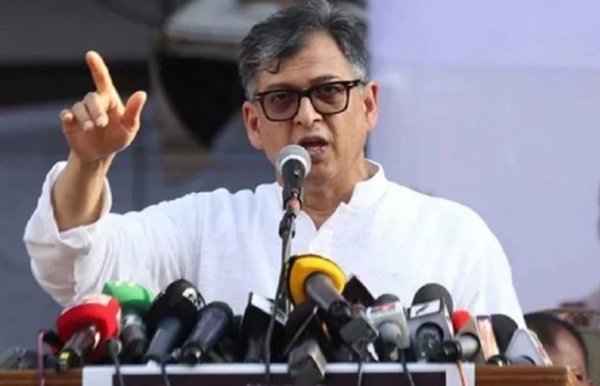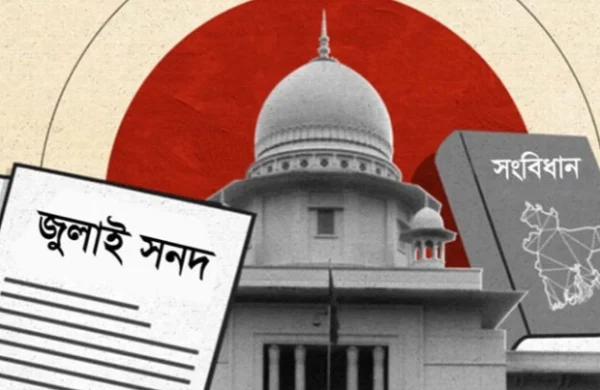Who Will Bell the Cat?
- Update Time : Thursday, November 6, 2025

—Audite Karim—
On 3 November, in the meeting of the Advisory Council, led by Chief Adviser Prof Muhammad Yunus, it was decided that the responsibility of resolving the disagreements among the political parties regarding the July Charter would be left to the parties themselves.
The anti-fascist alliance of parties was encouraged to discuss among themselves and reach a united decision on the implementation of the July Charter. They were urged to come to this unified decision within the next seven days. It was also decided in that meeting that if the political parties could not reach an agreement within seven days, the government would then take a unilateral decision on the matter.
However, on the very same day the advisory council finalised this decision, the BNP announced a list of potential candidates for 237 seats, creating an election-driven atmosphere in the political arena. This strategic move by BNP has effectively pushed the country towards election mode.
This single decision has largely dispelled the cloud of uncertainty surrounding the election. Political parties that were previously busy stirring the field with their own agendas are now more focused on candidate nominations. The NCP has already declared that it will publish its list of candidates within this month.
On Wednesday, the Jamaat ameer announced that they will not form any electoral alliance. In other words, BNP’s one move has effectively brought every major party into the election field. The general public has started to become hopeful. People have begun to believe that, whatever happens, the election will take place.
But as the saying goes, “Once bitten, twice shy.” We fear trouble even when the sky is only slightly cloudy. Although an electoral atmosphere has started to form in the country, the anti-election forces are still active. Attempts to sabotage the election are still ongoing.
That is why the unresolved issues of how the July Charter will be implemented, when the referendum will be held, and what question will finally be placed in the referendum could flare up at any moment and heat the political environment. Therefore, the sooner these disputes are resolved, the smoother the electoral environment will become.
So far, the political parties have not responded to the chief adviser’s call for dialogue. Time is running out fast. None of the political parties is against dialogue in principle. But the question remains: Who will take the initiative? Who will bell the cat?
According to political analysts, the situation will not be resolved in this manner. They believe that political parties have already discussed this issue many times over the past eight months. If they could not reach a consensus in eight months, there is no reason to believe that they will suddenly reach one in seven days. Many also believe that the government made this decision strategically. If the government had made a unilateral decision from the beginning, it might have triggered political unrest. Because any decision by the government would be acceptable to some and unacceptable to others. If the dissatisfied party started a movement before the election, it would not only harm the electoral environment but also raise questions about the government’s neutrality. Therefore, the government has pushed the ball into the political parties’ court.
When the political parties fail to reach a consensus, and the government eventually takes a unilateral decision, no one will have anything to say. Even if they are displeased, they will not be able to protest- because the opportunity was given to them, and they failed to use it.
So the question is: What decision will the government take regarding the implementation of the July Charter? To find the answer, we need to look again at the 3 November meeting of the Advisory Council. In that meeting, most of the advisers proposed holding the parliamentary election and the referendum on the same day. In my opinion, this is the best possible solution to the current political crisis. There should be no objection from any side. Although Jamaat has demanded that the referendum be held this month, this is only a tactical stance. The party leaders know very well that the Election Commission cannot arrange a referendum within such a short time.
Then remains the question of the content of the referendum. Several parties, including the BNP, have objections regarding issues such as proportional representation in the upper house elections, whether the same person can hold both the positions of party chief and prime minister, and other proposals. Among the 48 constitutional amendment recommendations of the July Charter, there are several points of dispute and division.
The safest option for the government would be to delegate the responsibility of resolving these controversial recommendations to the elected government. The government can revise Schedule-1 and hold the referendum only on the proposals that all parties are already in agreement with. As an interim government, they may urge the next elected parliament to discuss each proposal of the July Charter in detail and resolve the unresolved issues based on the decision of the people’s elected representatives.
Such a responsible decision could remove the final barrier to elections. A festive atmosphere has already begun to form in the country. Election is the only way to move the nation forward. Therefore, we, the ordinary citizens, hope that Prof Yunus government will take the right decision and restore confidence among the people.
——————————————————————
Audite Karim: Writer and Playwright Email: [email protected]


